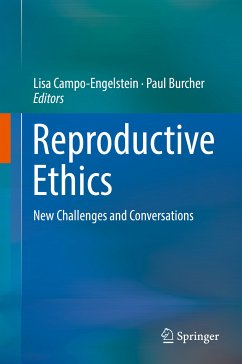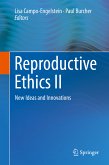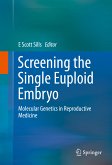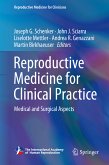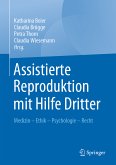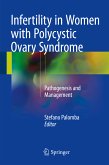This book summarizes the contributions at an April 2016 conference held at Albany Medical College, Reproductive Ethics: New Challenges and Conversations. Reproductive ethics does not suffer from a lack of challenging issues, yet a few "hot button" issues such as abortion and surrogacy seem to attract most of the attention, while other issues and dilemmas remain relatively underdeveloped in bioethics literature. The goal of this book is to explore and expand the range of topics addressed in reproductive ethics. This is a multi-disciplinary book bringing together philosophers, clinicians, sociologists, anthropologists, and other scholars whose research or clinical interests touch reproductive issues. The results of this compilation are a comprehensive and unique discussion of the evolving issues in the rapidly changing field.
The majority of the popular reproductive ethics anthologies were published at least 10 years ago. The field of reproductive ethics would benefit from a new anthology that addresses some of the perennial dilemmas in reproductive ethics (e.g. abortion, sex selection) from updated perspectives and that also covers new technologies that have emerged only in the last few years, such as social egg freezing.
Dieser Download kann aus rechtlichen Gründen nur mit Rechnungsadresse in A, B, BG, CY, CZ, D, DK, EW, E, FIN, F, GR, HR, H, IRL, I, LT, L, LR, M, NL, PL, P, R, S, SLO, SK ausgeliefert werden.
Hinweis: Dieser Artikel kann nur an eine deutsche Lieferadresse ausgeliefert werden.

